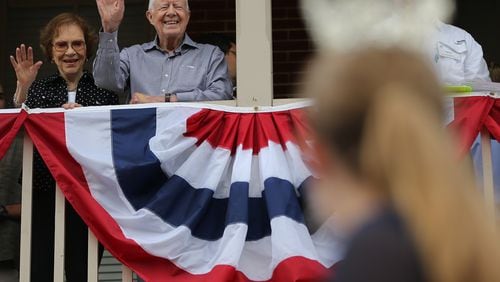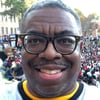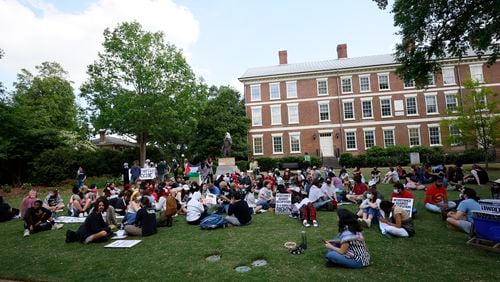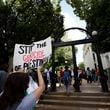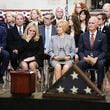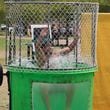On the one-year anniversary of the Jan. 6 Capitol attack, former President Jimmy Carter, in a strongly worded op-ed piece for The New York Times, decried renewed efforts to thwart American democracy.
“Our great nation now teeters on the brink of a widening abyss,” Carter wrote. “Without immediate action, we are at genuine risk of civil conflict and losing our precious democracy. Americans must set aside differences and work together before it is too late.”
Carter wrote that each of the four former living presidents last January, including Bill Clinton, George W. Bush and Barack Obama, condemned the actions of “a violent mob, guided by unscrupulous politicians,” who “stormed the Capitol and almost succeeded in preventing the democratic transfer of power.”
“There followed a brief hope that the insurrection would shock the nation into addressing the toxic polarization that threatens our democracy,” Carter wrote. “However, one year on, promoters of the lie that the election was stolen have taken over one political party and stoked distrust in our electoral systems.”
In the op-ed, Carter did not directly mention former President Donald Trump, who has been accused of fomenting the Jan. 6, 2020 storming of the Capitol after blaming his election loss on unsubstantiated claims of voter fraud.
But Carter in the past has said that Trump was “a disaster.”
The former Georgia governor, in the Times’ op-ed, pointed out politicians in his home state, as well as Texas and Florida, who have “leveraged the distrust they have created to enact laws that empower partisan legislatures to intervene in election processes.”
“They seek to win by any means, and many Americans are being persuaded to think and act likewise, threatening to collapse the foundations of our security and democracy with breathtaking speed,” Carter wrote. “I now fear that what we have fought so hard to achieve globally — the right to free, fair elections, unhindered by strongman politicians who seek nothing more than to grow their own power — has become dangerously fragile at home.”
Carter served as president from 1976 until 1980. But he wrote that as early as 1962 “a ballot-stuffing county boss tried to steal my election to the Georgia State Senate.”
A judge invalidated the results and Carter won the general election. But it sparked him.
“Afterward, the protection and advancement of democracy became a priority for me,” Carter wrote.
After leaving office, Carter started the Atlanta-based Carter Center, which over the last 30 years has observed and monitored more than 100 elections in more than three dozen Third World countries.
In 2020, the Carter Center took the unprecedented step to get involved in U.S. elections. Stopping short of full-scale monitoring, it conducted small-scale targeted observations.
After the 2020 election, the Carter Center sent monitors to watch the Georgia recount.
In his nearly 900-word op-ed, Carter outlined several steps “for American democracy to endure,” including:
Agreeing on fundamental constitutional principles and norms of fairness, civility and respect for the rule of law; pushing for reforms that ensure the security and accessibility of elections and ensure public confidence in the accuracy of results; resisting the polarization that is reshaping identities around politics; protecting election officials against violence by passing or strengthening laws to reverse the trends of character assassination, intimidation and the presence of armed militias at events; and addressing the spread of misinformation on social media.
